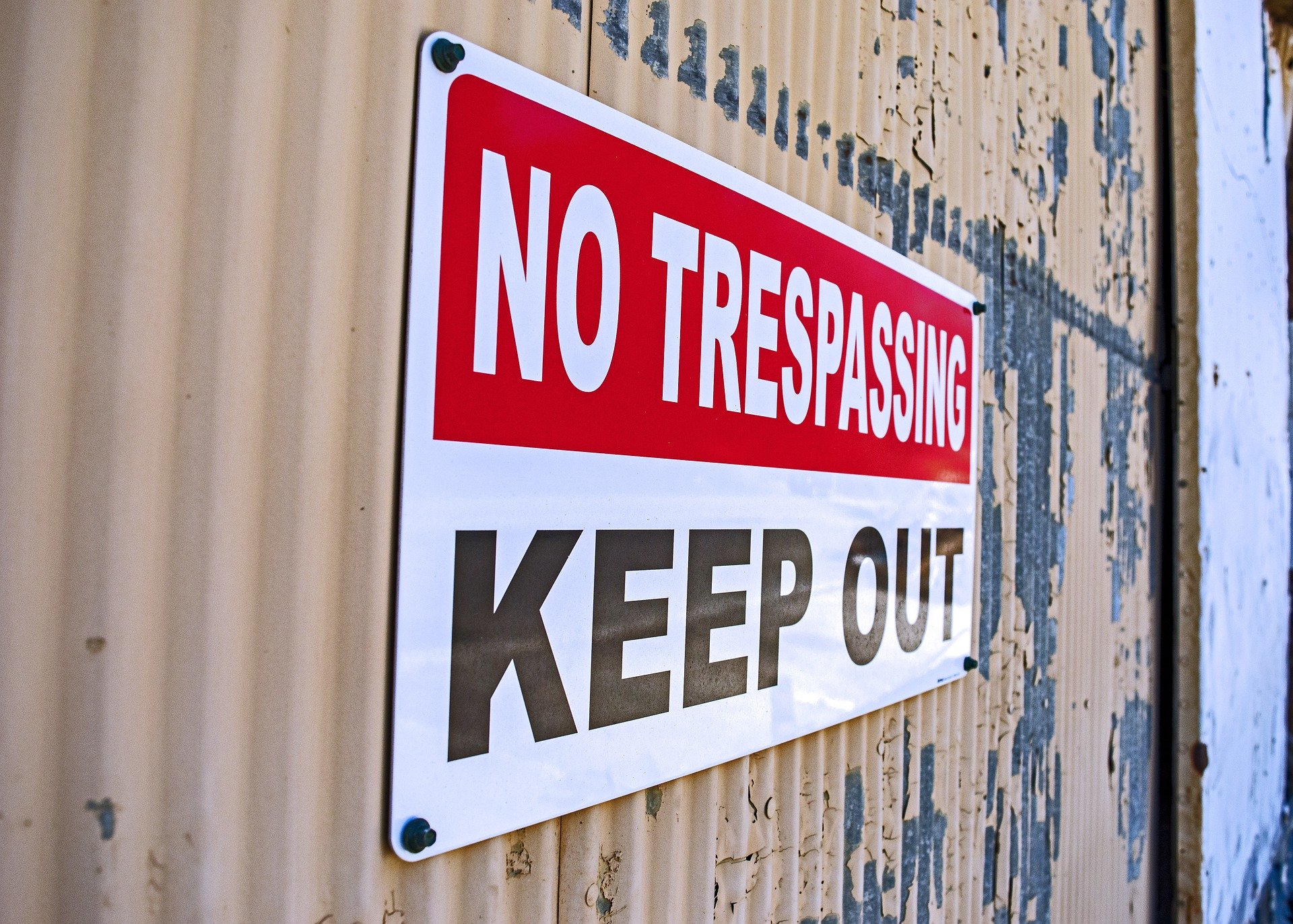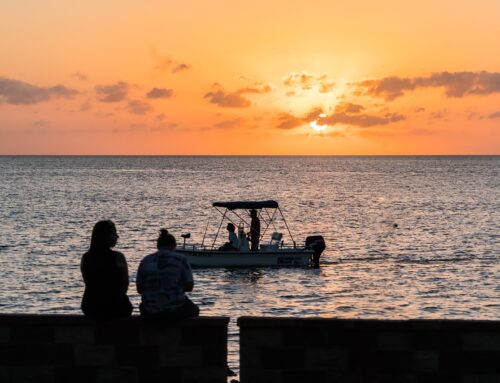The body of law surrounding premises liability asserts that the owner or manager of a property has a legal duty to maintain reasonable safety and security on that property. This means that there needs to be adequate lighting, safe passage, security guards if necessary, and appropriate measures taken to protect lawful visitor, tenants and guests. However, are the rules different when someone trespasses on another person’s property? Is the owner liable for their safety, and are they exempt from harm that trespasser may cause? As protests take place across the nation in the public square and in some cases on private property – we address the aspects of a premises liability case.

Most personal injury claims are based on the negligence standard, but trespassing law is considered an exception. In most jurisdictions, a property owner or manager only has a duty not to be reckless his or her operation of the property. In other states, property owners owe no duty of care whatsoever to trespassers. Trespassers in those areas have no legal recourse against the property owner. Florida criminal trespass statutes can be read here.
Florida’s criminal trespass laws are violated when a person:
- Enters onto another’s property to interfere with business
- Unlawfully occupies the property of another
- Refuses to leave the property of another upon the owner’s request
- Refuses to leave a public building during those hours of the day or night when the building is regularly closed to the public
The definition of a trespasser is a person who enters or remains upon someone else’s land without permission to do so. You might assume that trespassing is an open and shut case – the person shouldn’t be there, so anything that happens is entirely their fault. However, the legal concept of trespassing is more nuanced and complex.
For one thing, the alleged trespasser could be mistaken about where they were. If the alleged trespasser had a reasonable reason for misidentifying the property they entered, that might provide a legal excuse. There may also be a reasonable expectation that the property owner allowed people to enter the property without permission. This often happens in rural areas where a road or trail is on private property, but is routinely traveled by others.
Is it Negligence or Recklessness?
Negligence is defined as the failure to exercise reasonable care, such as removing a slippery substance from the floor in a grocery store. A reckless action is legally considered more “unreasonable” than a negligent one. Typically, a reckless action is one where an individual knew (or should have known) that their action was could create an risk of physical harm to another person, but they proceeded anyway.
In trespassing cases, the property owner by law usually has to meet the standard of negligence. However, if the case goes to a jury trial, trespassers should not expect a victory. Most individuals are not fond of people who trespass illegally, and although there are exceptions to every rule, juries are likely to come down on the side of the property owner.
Florida Statute 768.075 states that a Florida homeowner or property owner cannot be held liable for any injuries or deaths sustained on their property by a trespasser IF the trespasser was under the influence of alcohol or some other mind-altering substance, . However, a homeowner or property owner can be held liable for injuries to trespassers if the homeowner or property owner committed gross negligence or intentional misconduct towards the trespasser. However, property owners are not responsible in any way for the injuries or deaths of any individuals on their property who are there to commit a felony.
One important exception to this body of law is the attractive nuisance clause. The statute states that if a property owner does not properly secure a property which includes an attractive nuisance – such as a swimming pool – and a child “trespasses” and in injured, the property owner may be held at fault.
If you feel that you were wrongfully injured on another person’s property, call the law offices of Probinsky & Cole to discuss the details of your premises liability case. We are here to help.






